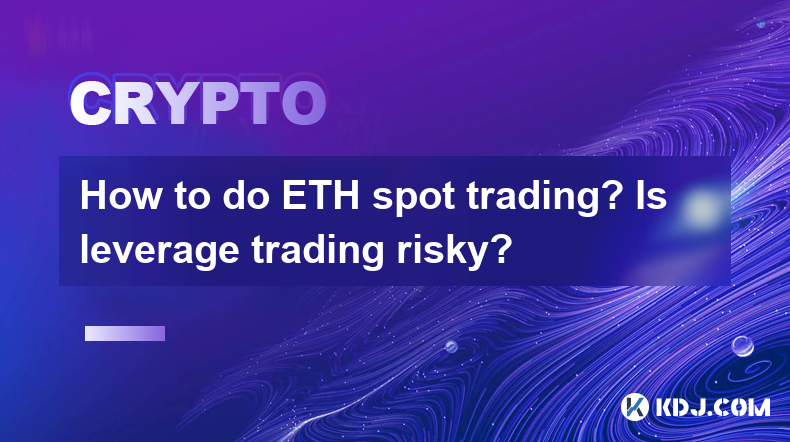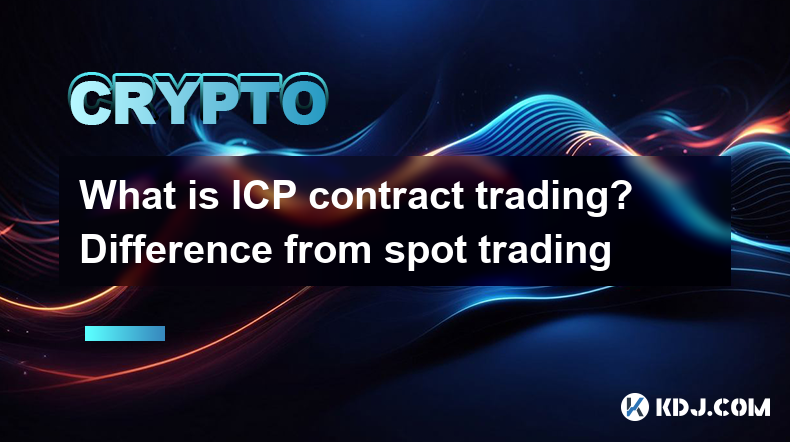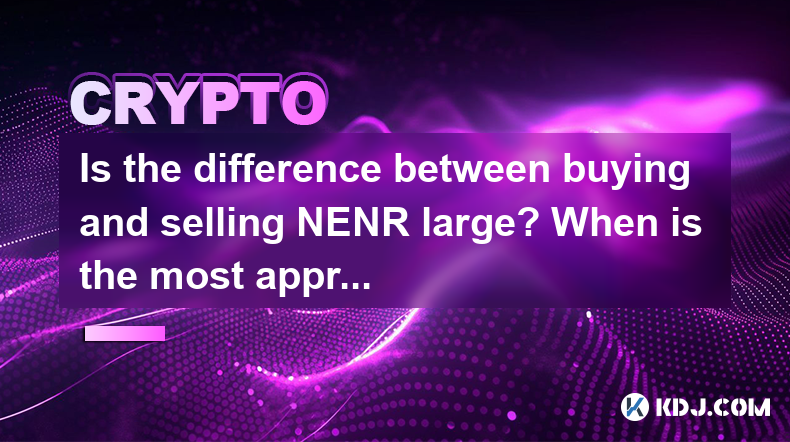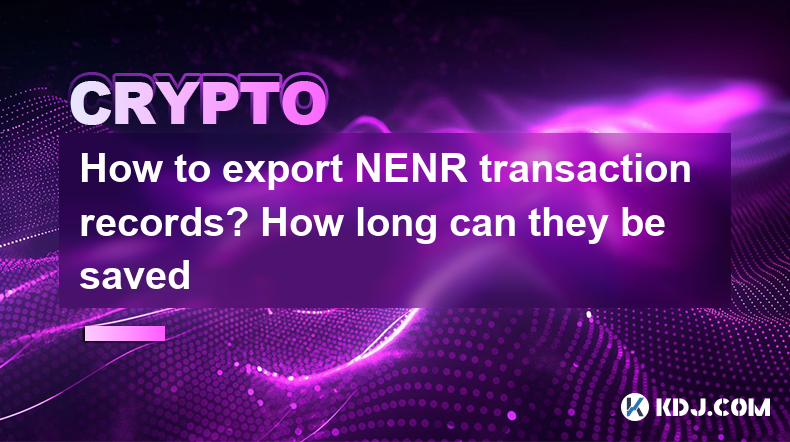-
 Bitcoin
Bitcoin $95,146.7482
1.48% -
 Ethereum
Ethereum $1,824.0794
3.65% -
 Tether USDt
Tether USDt $1.0002
-0.01% -
 XRP
XRP $2.2957
0.88% -
 BNB
BNB $602.9410
0.44% -
 Solana
Solana $149.0480
1.96% -
 USDC
USDC $1.0000
0.00% -
 Dogecoin
Dogecoin $0.1792
2.26% -
 Cardano
Cardano $0.7113
3.11% -
 TRON
TRON $0.2458
0.08% -
 Sui
Sui $3.5994
1.42% -
 Chainlink
Chainlink $14.9269
2.84% -
 Avalanche
Avalanche $22.0879
3.03% -
 Stellar
Stellar $0.2814
-0.33% -
 UNUS SED LEO
UNUS SED LEO $9.0085
0.32% -
 Toncoin
Toncoin $3.2558
1.83% -
 Shiba Inu
Shiba Inu $0.0...01369
2.45% -
 Hedera
Hedera $0.1890
0.33% -
 Bitcoin Cash
Bitcoin Cash $376.3387
8.59% -
 Polkadot
Polkadot $4.2611
3.52% -
 Litecoin
Litecoin $85.9856
2.09% -
 Hyperliquid
Hyperliquid $18.8500
8.09% -
 Dai
Dai $1.0001
0.00% -
 Bitget Token
Bitget Token $4.3984
-0.12% -
 Monero
Monero $265.8251
2.18% -
 Ethena USDe
Ethena USDe $0.9996
0.01% -
 Pi
Pi $0.5880
-3.85% -
 Pepe
Pepe $0.0...09093
5.46% -
 Aptos
Aptos $5.5977
2.84% -
 Uniswap
Uniswap $5.3884
-0.03%
How to do ETH spot trading? Is leverage trading risky?
ETH spot trading involves buying and selling at current market prices on platforms like Binance or Coinbase Pro, requiring account setup and effective trade execution.
Apr 29, 2025 at 11:01 am

Introduction to ETH Spot Trading
Spot trading of Ethereum (ETH) involves buying and selling the cryptocurrency at its current market price. This type of trading is straightforward and does not involve borrowing funds to increase potential returns. To engage in ETH spot trading, you need to have a clear understanding of how to navigate trading platforms and execute trades effectively.
Choosing a Trading Platform
Selecting the right trading platform is crucial for successful ETH spot trading. Some popular platforms include Binance, Coinbase Pro, and Kraken. When choosing a platform, consider factors such as fees, user interface, security features, and available trading pairs. Each platform has its own set of features and trading options, so it's important to choose one that aligns with your trading needs.
Setting Up Your Trading Account
To start trading ETH on a spot basis, you need to set up an account on your chosen trading platform. Here are the steps to follow:
- Register for an account: Visit the platform's website and sign up using your email address and a strong password.
- Verify your identity: Most platforms require you to complete a Know Your Customer (KYC) process, which involves submitting identification documents.
- Secure your account: Enable two-factor authentication (2FA) to add an extra layer of security to your account.
- Deposit funds: Once your account is set up and verified, deposit funds into your account using a supported payment method, such as a bank transfer or credit card.
Executing ETH Spot Trades
Once your account is funded, you can start trading ETH on a spot basis. Here's how to execute a trade:
- Navigate to the trading section: Find the trading interface on your platform, which usually includes a chart and order book.
- Select the ETH trading pair: Choose the trading pair you want to trade, such as ETH/USD or ETH/BTC.
- Place an order: Decide whether you want to buy or sell ETH. You can place a market order to buy or sell at the current market price, or a limit order to set a specific price at which you want to buy or sell.
- Monitor your trade: Keep an eye on your trade and the market conditions. You can set stop-loss and take-profit orders to manage your risk and lock in profits.
Understanding Leverage Trading and Its Risks
Leverage trading involves borrowing funds to increase the size of your trading position. While this can amplify potential profits, it also increases the risk of significant losses. Leverage is often expressed as a ratio, such as 10:1, meaning you can control a position worth 10 times your initial investment.
Is Leverage Trading Risky?
Yes, leverage trading is inherently risky. The use of borrowed funds means that even small market movements can result in substantial gains or losses. Here are some key risks associated with leverage trading:
- Liquidation risk: If the market moves against your position, you may be forced to close your trade at a loss to cover the borrowed funds.
- Margin calls: If your account balance falls below a certain threshold, you may receive a margin call, requiring you to deposit more funds or close your position.
- Volatility: Cryptocurrency markets are highly volatile, and leverage can amplify the impact of price swings on your trading account.
Managing Risks in Leverage Trading
While leverage trading can be risky, there are strategies to manage these risks effectively:
- Use stop-loss orders: Set stop-loss orders to automatically close your position if the market moves against you, limiting potential losses.
- Start with low leverage: Begin with lower leverage ratios to gain experience and understand the risks before increasing your leverage.
- Diversify your portfolio: Spread your investments across different assets to reduce the impact of a single trade on your overall portfolio.
- Stay informed: Keep up with market news and trends to make informed trading decisions and adjust your strategies accordingly.
Frequently Asked Questions
Q: Can I switch between spot and leverage trading on the same platform?
A: Yes, many trading platforms offer both spot and leverage trading options. You can switch between the two by selecting the appropriate trading interface or account type on the platform.
Q: How do I calculate the potential profit or loss in leverage trading?
A: To calculate potential profit or loss in leverage trading, you need to consider the leverage ratio, the size of your position, and the price movement of the asset. The formula is: Profit/Loss = (Position Size x Price Change) x Leverage. For example, if you have a $1,000 position with 10:1 leverage and the price moves 1%, your profit or loss would be $100.
Q: Are there any fees associated with spot trading ETH?
A: Yes, most trading platforms charge fees for spot trading. These fees can include trading fees, withdrawal fees, and deposit fees. The specific fees vary by platform, so it's important to review the fee structure before trading.
Q: Can I trade ETH on a spot basis without using a trading platform?
A: While trading platforms are the most common way to engage in spot trading, you can also trade ETH directly with other individuals through peer-to-peer (P2P) platforms. However, this method may involve additional risks and complexities compared to using a regulated trading platform.
Disclaimer:info@kdj.com
The information provided is not trading advice. kdj.com does not assume any responsibility for any investments made based on the information provided in this article. Cryptocurrencies are highly volatile and it is highly recommended that you invest with caution after thorough research!
If you believe that the content used on this website infringes your copyright, please contact us immediately (info@kdj.com) and we will delete it promptly.
- Analyst Spots Game-Changing Partnerships for JasmyCoin: Predicts Big Upside
- 2025-04-30 00:40:12
- The AI crypto sector is heating up, with Virtuals Protocol (VIRTUAL) emerging as the latest asset
- 2025-04-30 00:40:12
- Top 10 Bitcoin Mining Apps for Android & iOS Devices in 2025
- 2025-04-30 00:35:13
- The Growing AI Trust Deficit and How ZK-SNARKs Can Solve It
- 2025-04-30 00:35:13
- Onyxcoin (XCN) Price Prediction: Where Could the XCN Price Go in May?
- 2025-04-30 00:30:12
- Base, the Popular Layer-2 Network from Cryptocurrency Exchange Coinbase (COIN), Is Now a “Stage 1” Rollup
- 2025-04-30 00:30:12
Related knowledge

How to export ICP trading records? Detailed explanation of reconciliation methods
Apr 30,2025 at 12:21am
Exporting ICP (Internet Computer Protocol) trading records and understanding the reconciliation methods is essential for maintaining accurate financial records and ensuring the integrity of transactions on the blockchain. This article will guide you through the process of exporting your trading records and provide a detailed explanation of the reconcili...

What is ICP contract trading? Difference from spot trading
Apr 30,2025 at 12:07am
ICP contract trading, also known as futures trading, is a method of trading where investors can speculate on the future price movements of the Internet Computer (ICP) cryptocurrency without actually owning the underlying asset. This form of trading allows users to enter into contracts that obligate them to buy or sell ICP at a predetermined future date ...

Is the difference between buying and selling NENR large? When is the most appropriate time to trade
Apr 29,2025 at 09:21pm
Is the difference between buying and selling NENR large? When is the most appropriate time to trade? The difference between buying and selling prices, often referred to as the spread, is a critical factor that traders consider when engaging with cryptocurrencies like NENR. The spread can significantly impact the profitability of trades, especially in a ...

How to export NENR transaction records? How long can they be saved
Apr 29,2025 at 10:21pm
Exporting NENR transaction records is a crucial task for many cryptocurrency users who want to keep track of their financial activities. In this article, we will guide you through the process of exporting these records and discuss how long they can be saved. Whether you are a seasoned trader or a beginner, understanding how to manage your transaction re...

How to query BCH transaction records? How to use blockchain browser?
Apr 29,2025 at 07:49pm
Introduction to BCH Transaction RecordsBitcoin Cash (BCH) is a cryptocurrency that emerged from a hard fork of Bitcoin in 2017. Like Bitcoin, BCH transactions are recorded on a public ledger known as the blockchain. Querying BCH transaction records is essential for users who want to track their transactions, verify payments, or conduct audits. This proc...

What to do if BCH wallet transfer fails? How to solve common problems?
Apr 29,2025 at 06:56pm
If you encounter a BCH wallet transfer failure, it can be a frustrating experience. However, there are several steps you can take to troubleshoot and resolve common issues. This article will guide you through the process of identifying and solving these problems, ensuring that your BCH transactions proceed smoothly. Understanding BCH Wallet Transfer Fai...

How to export ICP trading records? Detailed explanation of reconciliation methods
Apr 30,2025 at 12:21am
Exporting ICP (Internet Computer Protocol) trading records and understanding the reconciliation methods is essential for maintaining accurate financial records and ensuring the integrity of transactions on the blockchain. This article will guide you through the process of exporting your trading records and provide a detailed explanation of the reconcili...

What is ICP contract trading? Difference from spot trading
Apr 30,2025 at 12:07am
ICP contract trading, also known as futures trading, is a method of trading where investors can speculate on the future price movements of the Internet Computer (ICP) cryptocurrency without actually owning the underlying asset. This form of trading allows users to enter into contracts that obligate them to buy or sell ICP at a predetermined future date ...

Is the difference between buying and selling NENR large? When is the most appropriate time to trade
Apr 29,2025 at 09:21pm
Is the difference between buying and selling NENR large? When is the most appropriate time to trade? The difference between buying and selling prices, often referred to as the spread, is a critical factor that traders consider when engaging with cryptocurrencies like NENR. The spread can significantly impact the profitability of trades, especially in a ...

How to export NENR transaction records? How long can they be saved
Apr 29,2025 at 10:21pm
Exporting NENR transaction records is a crucial task for many cryptocurrency users who want to keep track of their financial activities. In this article, we will guide you through the process of exporting these records and discuss how long they can be saved. Whether you are a seasoned trader or a beginner, understanding how to manage your transaction re...

How to query BCH transaction records? How to use blockchain browser?
Apr 29,2025 at 07:49pm
Introduction to BCH Transaction RecordsBitcoin Cash (BCH) is a cryptocurrency that emerged from a hard fork of Bitcoin in 2017. Like Bitcoin, BCH transactions are recorded on a public ledger known as the blockchain. Querying BCH transaction records is essential for users who want to track their transactions, verify payments, or conduct audits. This proc...

What to do if BCH wallet transfer fails? How to solve common problems?
Apr 29,2025 at 06:56pm
If you encounter a BCH wallet transfer failure, it can be a frustrating experience. However, there are several steps you can take to troubleshoot and resolve common issues. This article will guide you through the process of identifying and solving these problems, ensuring that your BCH transactions proceed smoothly. Understanding BCH Wallet Transfer Fai...
See all articles






















































































